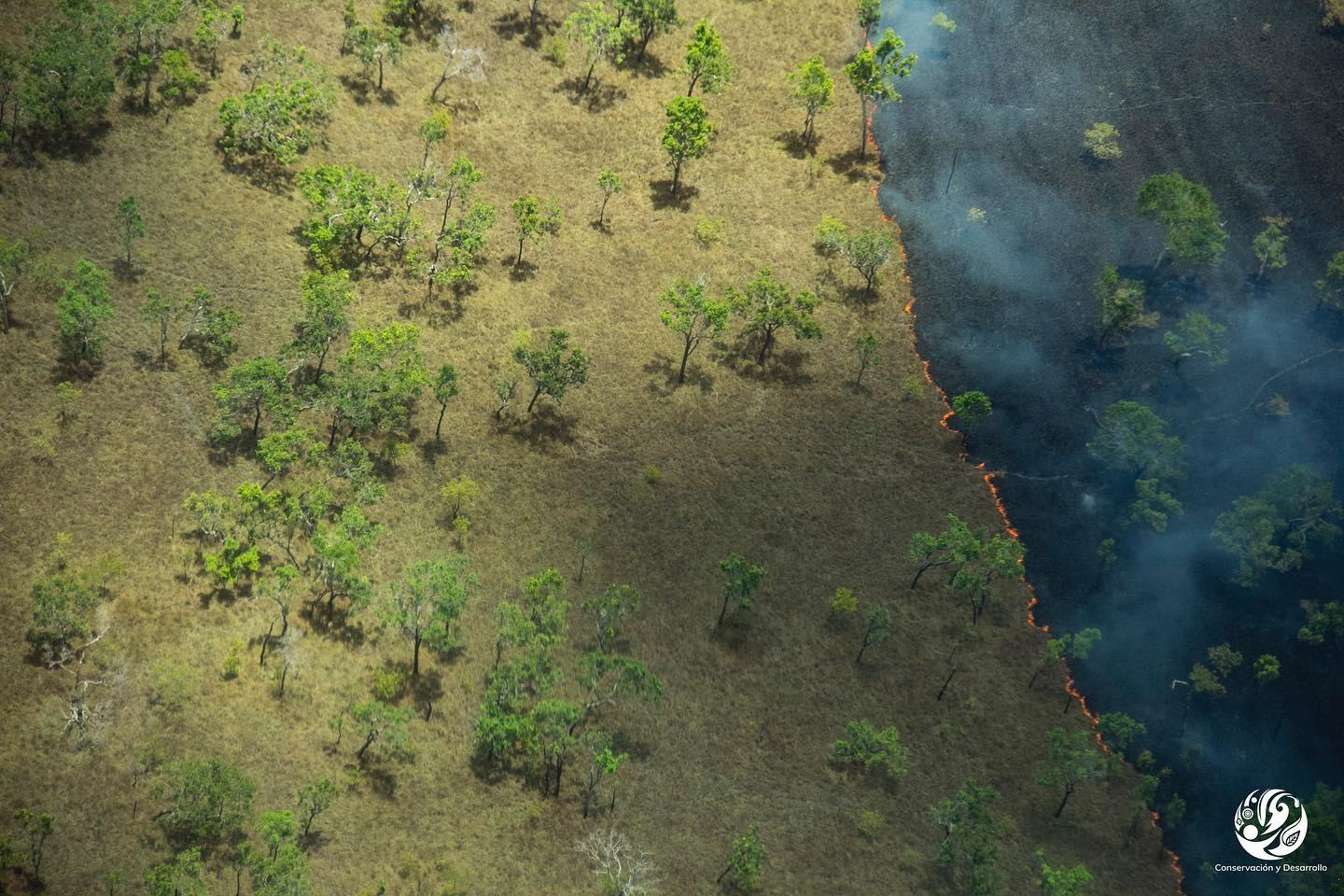During 2022, deforestation in Colombia fell by 29% compared to the previous year, a figure unprecedented in the last nine years, the Ministry of Environment and Sustainable Development said in a statement, but for the specialist on the subject Rodrigo Botero, this figure is due to operation Artemisa, which used armed violence to discourage deforestation.
According to the Ministry of Environment and Sustainable Development, the goal proposed for 2022 in the National Development Plan 2022 to reduce deforestation by 20% was exceeded and with this result “the growing trend of deforestation in the country was contained”.
Botero, who is director general of the Foundation for Conservation and Sustainable Development, said that although there was a decrease, deforestation was not contained, since for his organization, “it is a totally unstable figure that does not set a trend.”
“This is a temporary and specific situation that occurs within the framework of peace negotiations with armed groups that had territorial control over areas where deforestation has been taking place. Precisely, because of the same way in which it occurs (the decrease), that is, through armed, irregular coercion and pressure on the different populations that are in the territory, that makes it totally unstable,” Botero explained.
In November 2022, President Gustavo Petro resumed a peace talks table with the National Liberation Army (ELN). But the process suffered a setback in early 2023 when the guerrilla organization alleged that Petro was making unilateral announcements. In June, the parties reached a “preliminary” (not definitive) ceasefire for six months from August to January 2024.
Operation Artemisa was described by the Colombian Commission of Jurists, an organization dedicated to the defense of human rights, as a strategy for the control of deforestation, which acts under the premise of “razing and displacing to conserve” due to its military, judicial and violating human rights approach.
For Botero, it would be more legitimate if the reduction in deforestation were the product of public policy and of a democratic and legitimate process, “built on territorial consensus”.
From their perspective, this has not been the case, which is why there is a risk that this figure could be reversed in 2023 due to the instability of the peace negotiations that are under way between the State and the armed groups that have territorial control of areas subject to deforestation.
In September 2022, the new minister, Susana Muhamad, changed the strategy to stop this problem. Now it focuses on reaching social agreements with the communities of the territories.
Botero said that “a great job is being done on the right path” and that it is important to move forward in peace negotiations to “have legitimate authority on the part of the State with local populations, and not through irregular groups, which is what is currently happening”.
He argued that there must be a political agreement with armed groups within the peace agreement and from there structural issues such as land tenure, local participation in development models and in a long-term policy of legal economic reactivation that discourage forms of economic development that involve deforestation begin to intervene.
For the Foundation for Conservation and Sustainable Development, deforestation has a background that goes beyond inappropriate land use, since deforestation is not exclusively due to the factors of illegality, hence the importance of addressing more structural issues in the strategy.
“For us, it is a combination of public policies and public stimuli that occur through development projects, both regional and national, which together with illegal economies make a synergy in order to stimulate deforestation,” he explained.
Because the problem is related to an international demand for illegal economies, Botero also called for understanding the implications of deforestation in border policy and, therefore, the need to be addressed through border and international cooperation, since, due to its complexity, it is impossible to solve it exclusively in Colombia.



Comentarios (0)